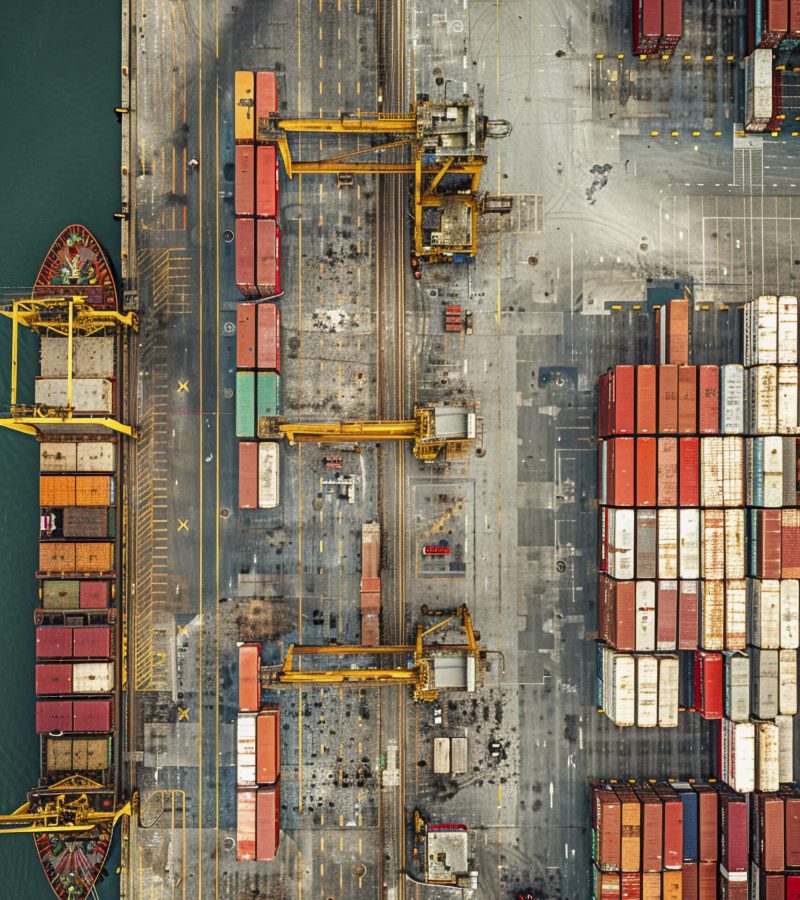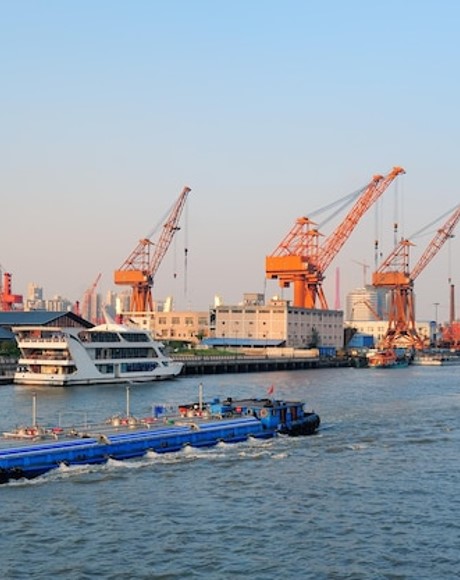
Building Efficient Multimodal Transport Networks | Integration & Supply Chain Strategy
At ASCELA, we specialize in providing strategic advisory services focused on multimodal integration and infrastructure development to optimize supply chains and enhance logistics efficiency. With deep expertise in combining different transportation modes—Air, Sea, Rail, IWT and Road—we help businesses design and implement seamless, cost-effective, and sustainable multimodal solutions.
In today’s fast-paced global economy, effective integration of diverse transportation networks is critical for improving operational efficiency, reducing costs, and meeting the growing demand for flexibility in logistics. Our advisory services guide you through the complexities of multimodal transport, ensuring that each mode works together in a coordinated, efficient manner, creating synergies across your entire supply chain. We conduct detailed feasibility studies to determine the economic viability of multimodal transport solutions, providing a clear cost-benefit analysis for decision-making.
Let us be your trusted partner in designing the future of your multimodal transport and infrastructure, ensuring greater efficiency, reduced costs, and long-term sustainability for your supply chain.
Multimodal Integration | Service Offerings
Feasibility Assessment
Multimodal Logistics Park Planning & Development
Design and develop integrated logistics parks combining air, sea, rail, and road transport, optimizing cargo flow and operational efficiency
Intermodal Station Design & Optimization
Assess and design intermodal stations for seamless transfer between air, rail, road, and sea transport, improving cargo handling efficiency
Freight Village & Intermodal Hub Development
Plan and develop freight villages and intermodal hubs to support the seamless movement of goods across multiple transport modes
Capacity Forecasting & Demand Planning
Conduct demand forecasting and capacity planning to predict future requirements for cargo infrastructure and guide long-term development strategies
Stakeholder Engagement & Collaboration
Facilitate collaboration with key stakeholders—government, regulators, infrastructure providers, and customers—to ensure smooth project execution
Land Parcel Assessment for Cargo Infrastructure
Evaluate land parcels for suitability in cargo infrastructure development, considering location, accessibility, zoning regulations, and expansion potential


Supply Chain Operational Planning
Infrastructure Capacity Assessment & Upgrades
Assess existing infrastructure capacity for cargo terminals, logistics parks, and intermodal facilities, providing recommendations for upgrades to meet future demand
Cargo Terminal Expansion Planning
Advise on strategies to expand cargo terminal capacity, optimizing space utilization, equipment, and workflow for growing demand
Cargo Hub & Distribution Center Development
Design and implement efficient cargo hubs and distribution centers, enabling smooth flow and consolidation of goods across multiple transport modes
Environmental Impact & Sustainability Planning
Analyze environmental impacts of cargo infrastructure projects and develop sustainability strategies to reduce emissions, energy use, and environmental footprint
Infrastructure Investment & Financing Advisory
Provide advisory services for funding and investment in cargo infrastructure projects, including feasibility studies, financial models, and funding strategies
Smart Infrastructure & Technology Integration
Recommend and implement cutting-edge technologies (e.g., IoT, automation, AI) for smarter, more efficient cargo and logistics infrastructure




